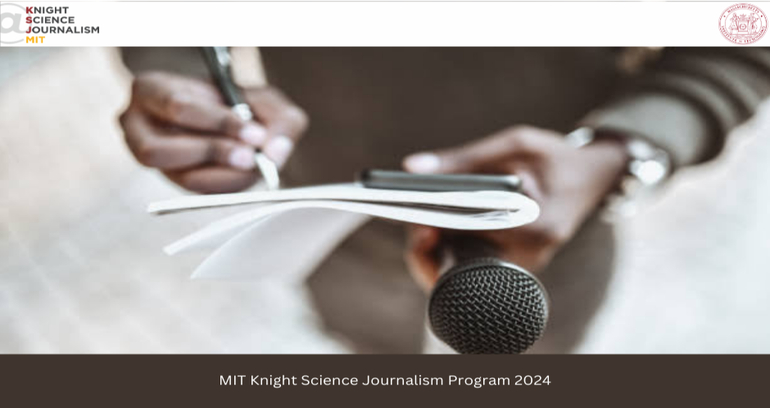The Massachusetts Institute of Technology (MIT) is a private land-grant research university in Cambridge, Massachusetts. Established in 1861, MIT has played a significant role in developing many areas of modern technology and science.
Founded in response to the increasing industrialization of the United States, MIT adopted a European polytechnic university model and stressed laboratory instruction in applied science and engineering. MIT is one of three private land grant universities in the United States, the others being Cornell University and Tuskegee University. The institute has an urban campus that extends more than a mile (1.6 km) alongside the Charles River and encompasses several major off-campus facilities such as the MIT Lincoln Laboratory, the Bates Center, and the Haystack Observatory, as well as affiliated laboratories such as the Broad and Whitehead Institutes.
As of October 2023, 101 Nobel laureates,[10] 26 Turing Award winners, and 8 Fields Medalists have been affiliated with MIT as alumni, faculty members, or researchers. In addition, 58 National Medal of Science recipients, 29 National Medals of Technology and Innovation recipients, 50 MacArthur Fellows, 83 Marshall Scholars, 41 astronauts, 16 Chief Scientists of the US Air Force, and various heads of state have been affiliated with MIT. The institute also has a strong entrepreneurial culture and MIT alumni have founded or co-founded many notable companies.
Every year, the Knight Science Journalism Program at MIT offers academic-year fellowships to 10 science journalists from around the globe, allowing them to explore science, technology, and the craft of journalism; to concentrate on a specialty in science; and to learn at some of the top research universities in the world.
While in Cambridge, fellows will pursue a research project that uniquely leverages the resources and connections available at MIT and the surrounding greater Boston area.
The research project must be journalism-related. Previous fellows have used their time to conduct research and reporting for a long-form narrative or story series; develop multimedia, video, and audio reporting projects; do research for a book proposal; and build deep knowledge of a new area of science, among other project pursuits. Regular meetings are held to monitor and help with projects. Fellows deliver formal presentations about their projects at the end of the academic year; many projects are published as magazine articles, books, videos, or podcasts after the fellowship ends.
Location:
United StatesBenefits
- Fellows receive a $85,000 stipend paid out in installments over 9.5 months.
- Relocation allowance.
- Basic health insurance for each fellow and their family.
Eligibilities
To be eligible for a KSJ Fellowship, applicants must:
- Be full-time journalists, whether on staff or freelance. Part-time writers or producers are not eligible.
- Have at least three consecutive years of experience covering science, health, technology and environmental reporting.
- Be reporters, writers, editors, producers, illustrators, filmmakers, or photojournalists. This includes work for newspapers, magazines, television, radio, and digital media.
** Applicants must not have completed a fellowship of four months or longer during the two years prior to applying for the Knight Science Journalism Fellowship.
Eligible Regions: Open for all.Application Process
Each applicant must submit the following documents:
- Professional Autobiography: Describe, in 500 words or less, why you want to participate in the Knight Science Journalism Fellowship Program and how it fits with your professional goals.
- Resume or Curriculum Vitae: Provide a brief overview of your education, work history, and professional honors. (Freelancers should include a list of freelance jobs completed in the past 12 months. Include each story, venue, and date of publication or broadcast.)
- Research Project Proposal: Describe, in 500 words or less, a project you intend to develop during the fellowship year. The goal is for fellows to create a project that uniquely leverages their time and experiences at MIT, using the resources and connections available to them while they are here. The research project must be based in journalism, but it can expand beyond traditional parameters and be created in any format: long-form, story series, multimedia, video, audio, installation, etc.
Application Deadline: January 16, 2024
Application ClosedOfficial link









